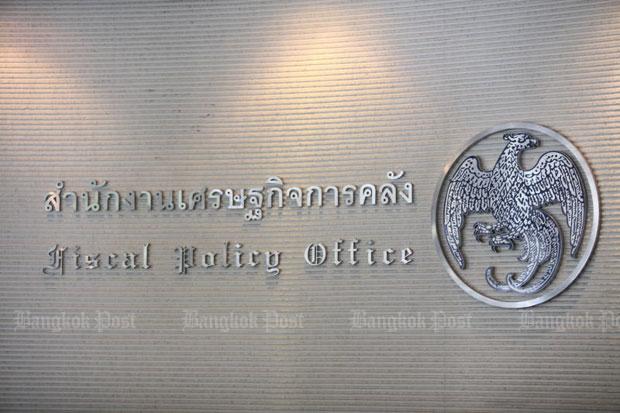Thailand: Draft law would ease M&A of SFIs
The Finance Ministry is set to issue legislation to facilitate mergers and acquisitions (M&A) of specialised financial institutions (SFIs) in a bid to enhance risk management and prevent competition with the private sector.
The ministry’s Fiscal Policy Office (FPO) is drafting a law for M&A of SFIs under a hearing process with four relevant agencies, including the State Enterprise Policy Office, and SFIs involved with business transfers, said a source who spoke on condition of anonymity.
The FPO will compile opinions from the hearing to improve the draft law and propose policies at a later stage.
A positive effect of such a law would be to enable an SFI that is a transferee involved with the M&A process to apply the expertise of the transferred SFI to better manage risk of inconsistency between liabilities and assets, known as maturity mismatch.
Since the Bank of Thailand has allowed commercial banks to conduct the same transactions as SFIs, the M&A initiative will limit the number of SFIs to as many as necessary and prevent the public sector from competing against the private sector, the source said. Such a move would also prevent budget burdens that may occur.
Thailand has eight SFIs: the Small and Medium Enterprise Development Bank of Thailand, the Islamic Bank of Thailand, Government Savings Bank, GH Bank, the Bank for Agriculture and Agricultural Cooperatives, the Secondary Mortgage Cooperation, the Export-Import Bank of Thailand and the Thai Credit Guarantee Cooperation.
The cabinet approved a change in December 2014 allowing the central bank to regulate SFIs instead of the Finance Ministry after several state-backed banks were saddled with a high level of bad loans because of imprudent lending.
According to the draft law, permanent employees of a transferred SFI can express intentions to their supervisors to work at an SFI transferee, the source said, noting that these employees will be assessed for positions based on knowledge, ability and experience.
Their salaries and employee benefits will be unchanged, the source said. For those who do not want to continue working at an SFI transferee, they shall receive payment compensation in line with the Labour Protection Act because they were not at fault for the SFI business transfer.
Ordinary citizens will not be affected by SFI M&A, as such deals are centred on the transfer of business, capital, assets, rights, liabilities, obligations and personnel, the source said.
One negative impact arising from the M&A process is that an SFI transferee will shoulder increased operating costs and is obliged to beef up capital reserves to support asset quality from the business transfer in line with International Financial Reporting Standard 9, the source said.
Source: https://www.bangkokpost.com/business/finance/1656124/draft-law-would-ease-ma-of-sfis


 English
English




